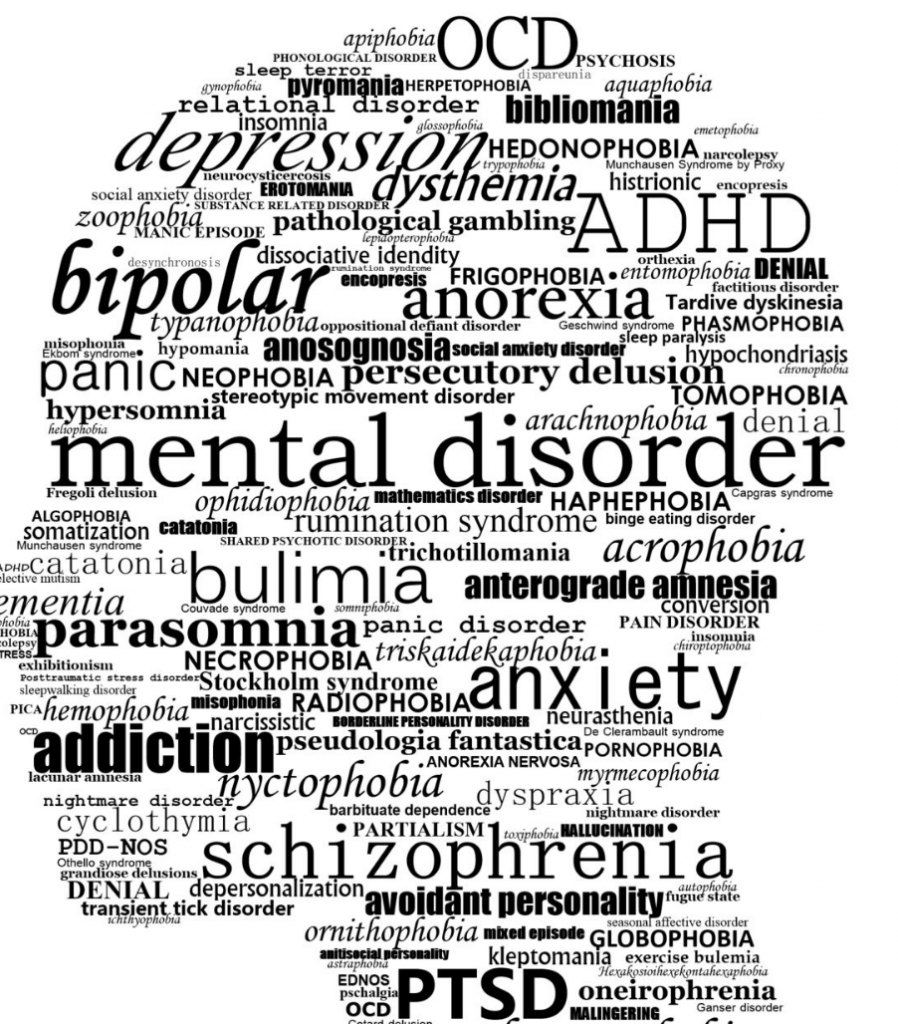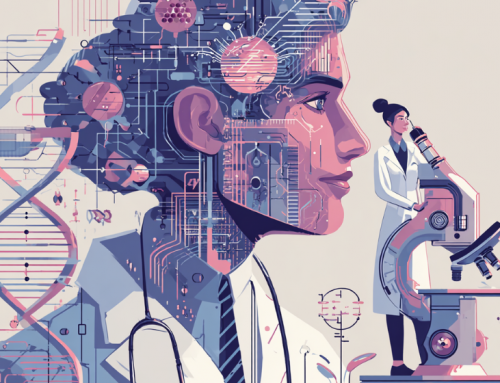
Social media addresses self harm in tracking posts.
Social Media Succeeds in Developing Effective Harm Reduction AI
World Mental Health Day, Oct. 10, established in 1992 by the World Health Organization, was meant to bring awareness to mental health and societal loners who suffer hopelessness. It’s also the day that Pinterest and Facebook showed results in their efforts to help reduce self-harm.
Pinterest is using machine learning techniques to find and hide content that displays, rationalizes, or encourages self-injury. The company says it has achieved an 88% reduction in reports of self-harm content by users. It’s also able to remove such content 3 times faster, according to a Venturebeat.com story.
With a robust AI tool set at its disposal, Pinterest uses Lens, an online/offline visual search tool that enables AI to identify things captured from Pins or by a smartphone and suggest related themes and products. It can now recognize 2.5 billion home and fashion objects, for instance, as well as self-harm content.
Nationally, an average of 22 veterans a day commit suicide in our country. In response, Facebook began addressing the problem starting in 2017, reporting language indicating suicidal behavior so that professionals could do wellness checks.
“I think Facebook is stepping up out of a responsibility that their platform is being used by people to express a lot of different feelings. And when that happens, they wanted to do their best to respond,” said Dr. Drew Ramsey, MD, assistant clinical professor of psychiatry at Columbia University, New York City, and member and past chair of the American Psychiatric Association’s (APA’s) Council on Communications
A story on Medscape.com in January describes how Facebook released data on 3,500 wellness checks worldwide to rule out potential suicidal intent in its users, generated by sentence-activated algorithms.
“Mental health experts say that one of the best ways to prevent suicide is for people in distress to hear from friends and family who care about them,” a spokesperson for Facebook said in a statement sent to Medscape Medical News. “We can connect those in distress with friends (and also organizations) who can offer support.”
Pinterest removed more than 4,600 search terms and phrases related to self-harm from its platform, according to the VentureBeat story. Links to free and confidential support from expert resources are now more prominently displayed to users who search for those keywords. People showing signs of distress now see the resources directly in their boards (i.e., home screens), an approach Pinterest says was developed with guidance from outside emotional health experts at the National Suicide Prevention Lifeline, Vibrant Emotional Health and Samaritans.
Previously, the activities appeared only when someone searched for something indicating sadness or depression, like “stress relief” or “sad quotes,” but now a search for the hashtag “#pinterestwellbeing” (without quotes) launches them straightaway. Pinterest offers a list of self-improvement activities designed to make users feel better about themselves.
The programs show how AI is generating positive results faster and more accurately than human intervention alone.
read more at medscape.com







Leave A Comment